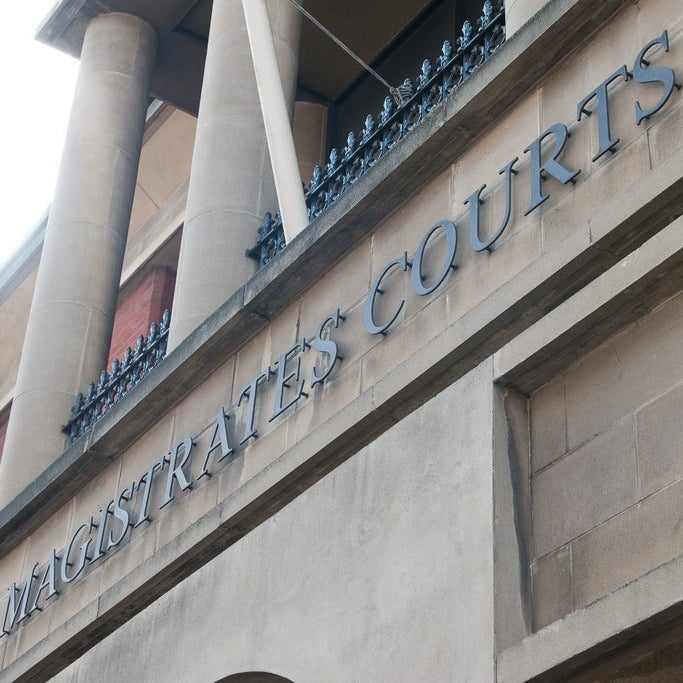A magistrate has resigned after being suspended for handing £40 to an asylum-seeker who couldn't legally work but would face jail if he didn't pay a court fine.


Nigel Allcoat, 65, defended his actions because the penniless defendant was in a "catch-22 situation".
The defendant, whose name and country of origin are unknown, was facing a £180 criminal court charge – the controversial fine that all convicted criminals must pay on top of other fines.
All the man had to his name was a £35-a-week top-up card used to buy essentials. A friend who runs a fast-food stall in the city had previously helped him pay a victim surcharge of £60.
"About three weeks ago I had before me a gentleman who was an asylum-seeker who was, quite legally, claiming his status in this country," Allcoat told the SWNS news agency.
"He was brought before me as a fine defaulter because of a court charge of £180 which he couldn't pay. Nor was he entitled to pay because as a bona fide asylum-seeker he couldn't possess money, he couldn't pay.
"He was going to be a in a catch-22 situation whereby he couldn't he couldn't pay the fine, the court charge, and if he didn't he could be sent to jail."
Allcoat, also an internationally renown organist, said that in a spontaneous "humanitarian" reaction he offered to help pay the fine.
"So in desperation," he said, "to actually solve a rather difficult situation, to keep him out of prison really – and in a humanitarian, knee-jerk reaction – I took some money out of the top pocket of my shirt to help pay what he was going to owe the court."
This didn't go down well with the Lord Chancellor's advisory committee, which launched an investigation and suspended him.
Allcoat said: "I decided that this action of being investigated [was] for doing something which I consider to be part and parcel of what's human ... towards somebody who wished to come and reside in our country and has chosen us above other countries."
The fate of the asylum-seeker is unknown.
The criminal court charge has attracted strong criticism from lawyers, legal reform campaigners, and magistrates, at least 50 of whom have resigned since the rule was introduced in April.
Some magistrates are angry that the charge is not means-tested nor at the discretion of the court – it has been applied to poor and vulnerable who have very little means to pay.
The Ministry of Justice has defended the charge and told BuzzFeed News earlier this month: "It is right that convicted adult offenders who use our criminal courts should pay towards the cost of running them.
"The introduction of this charge makes it possible to recover some of the costs of the criminal courts from these offenders, therefore reducing the burden on taxpayers."
The MOJ also pointed out that the charges can be paid in instalments rather than in full.
A review of the policy is due to take place in 2018, although campaigners have called for this to happen sooner.
